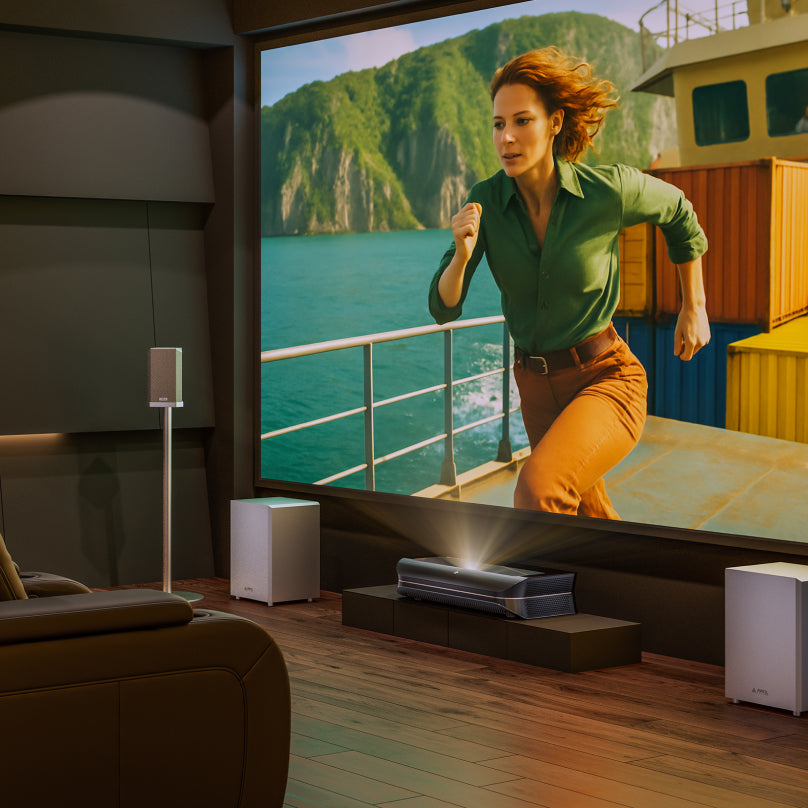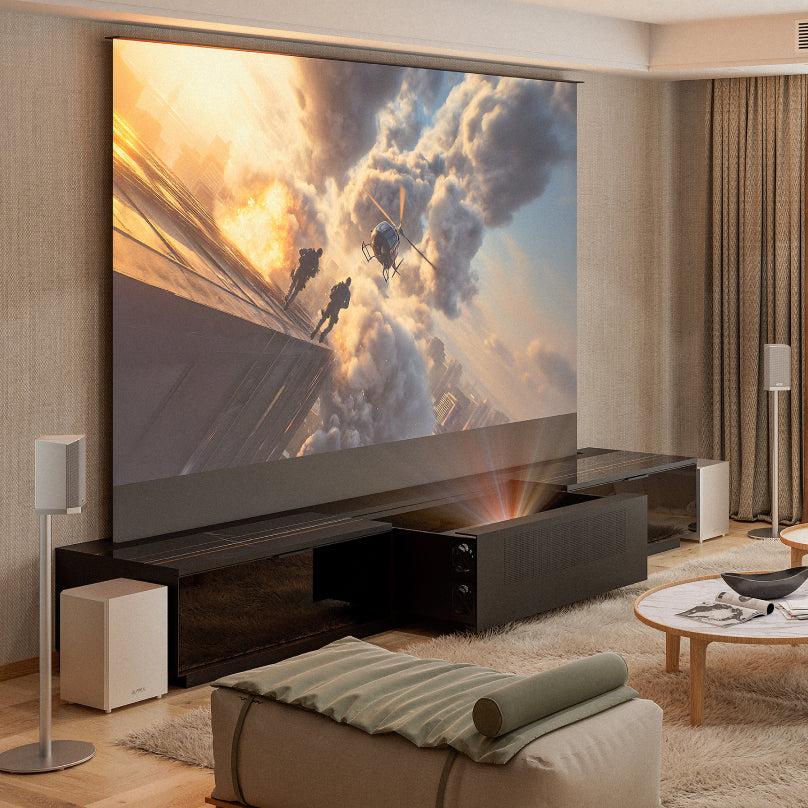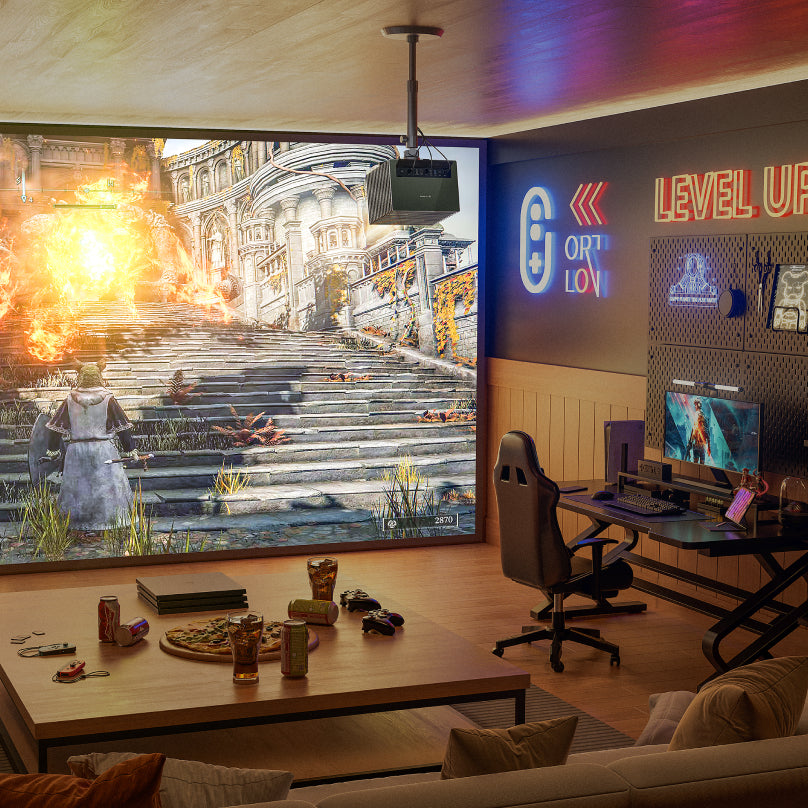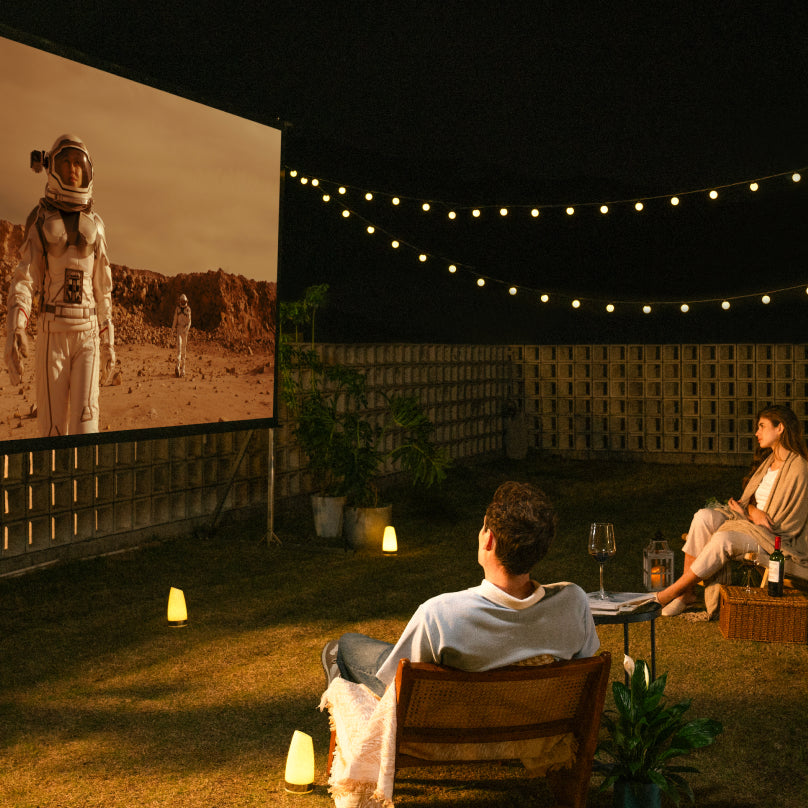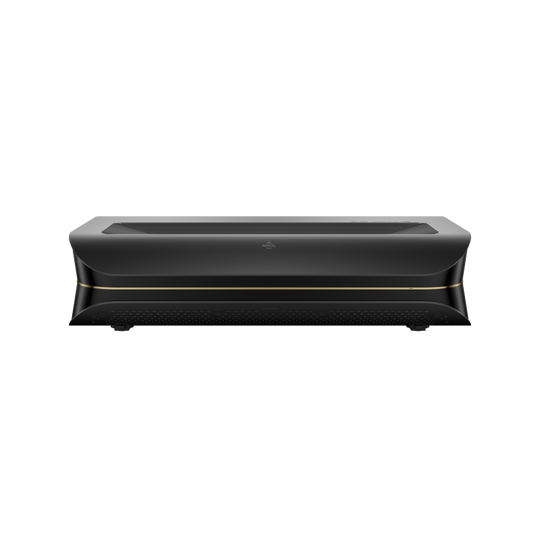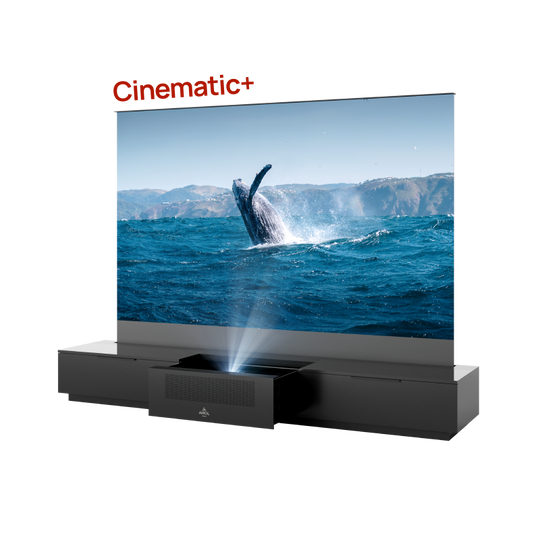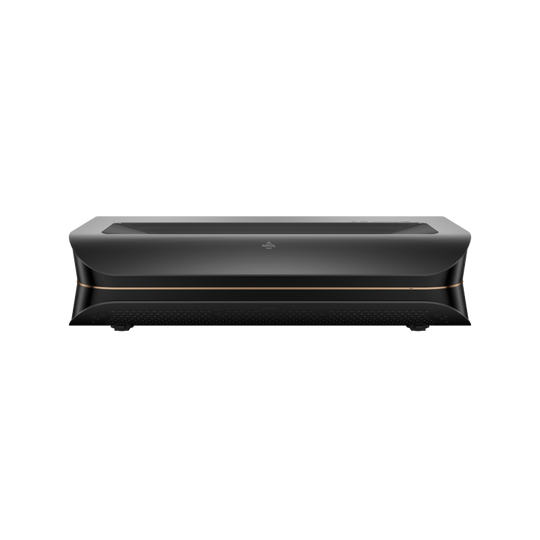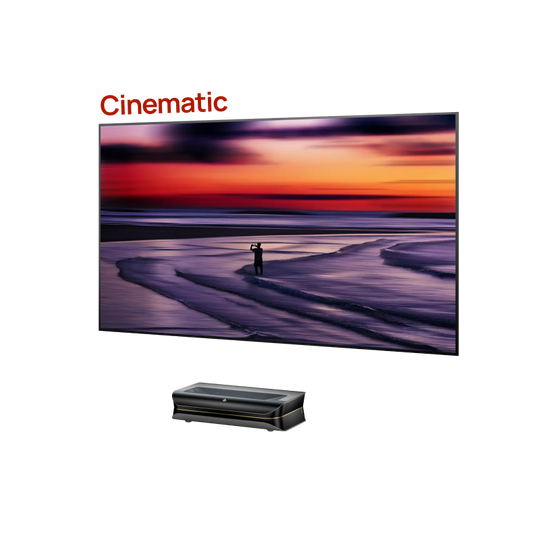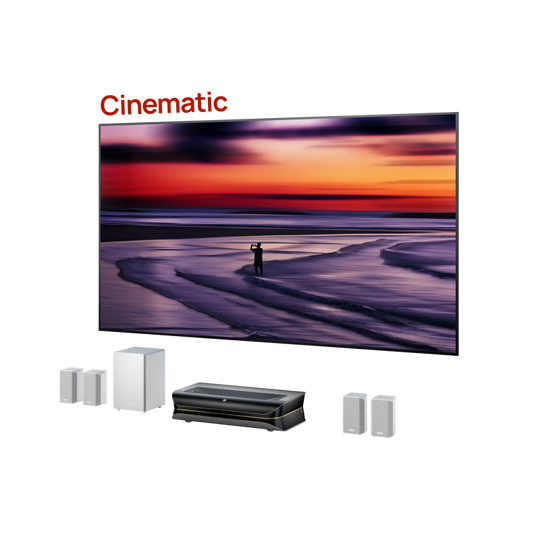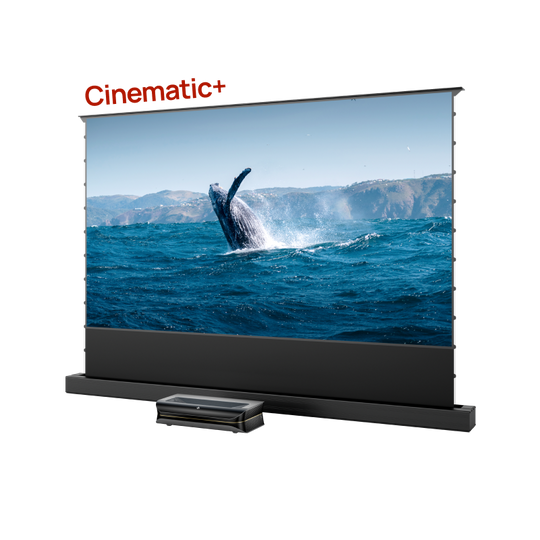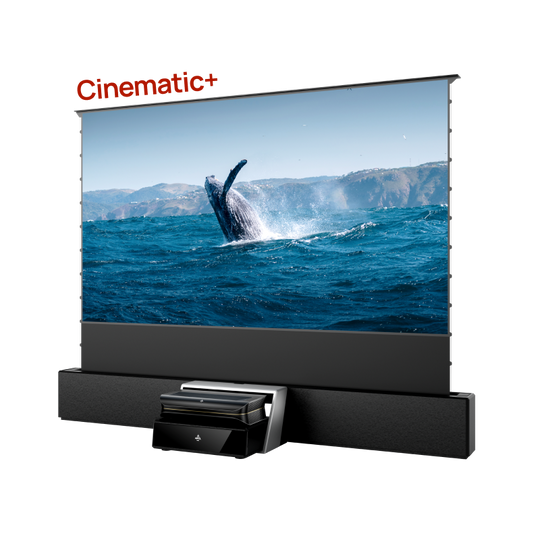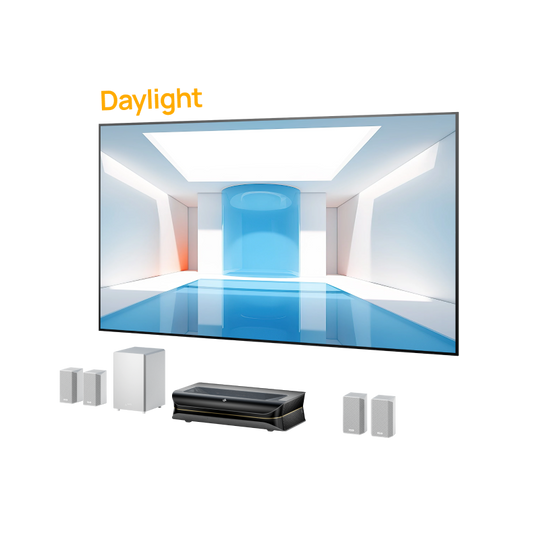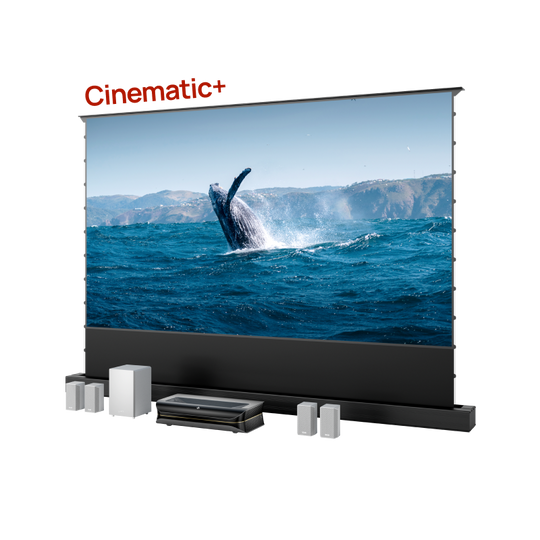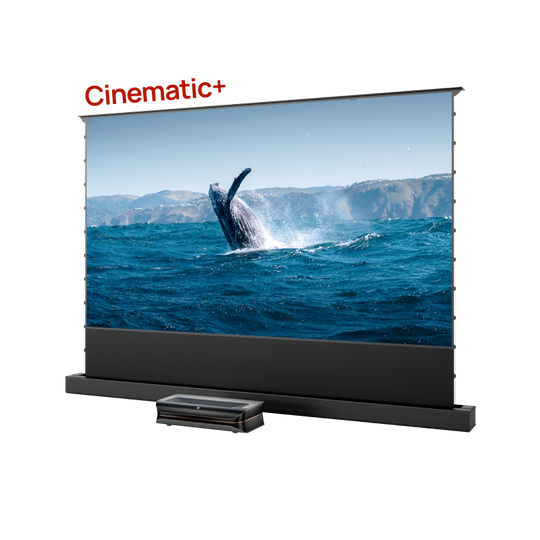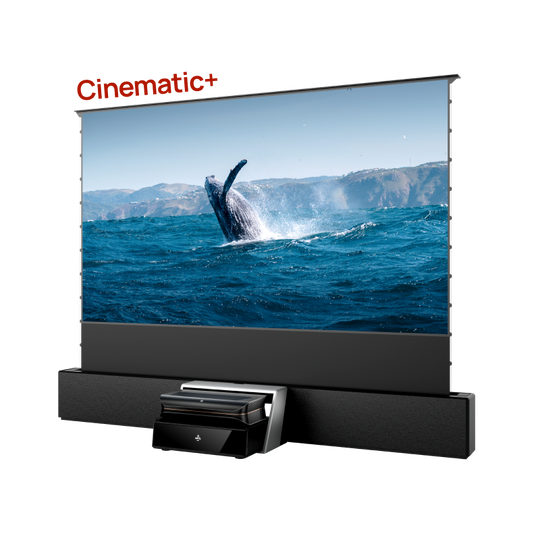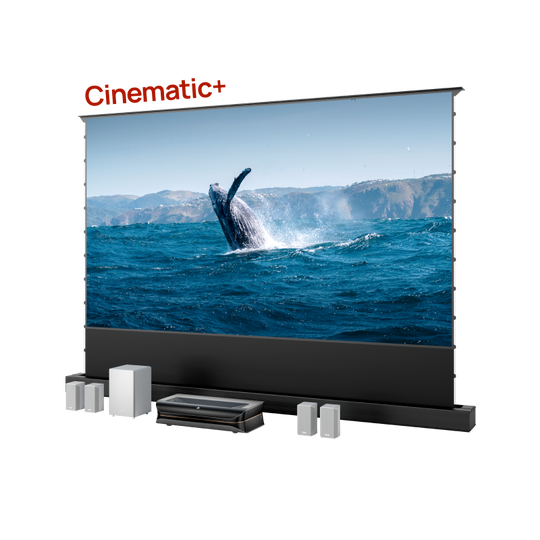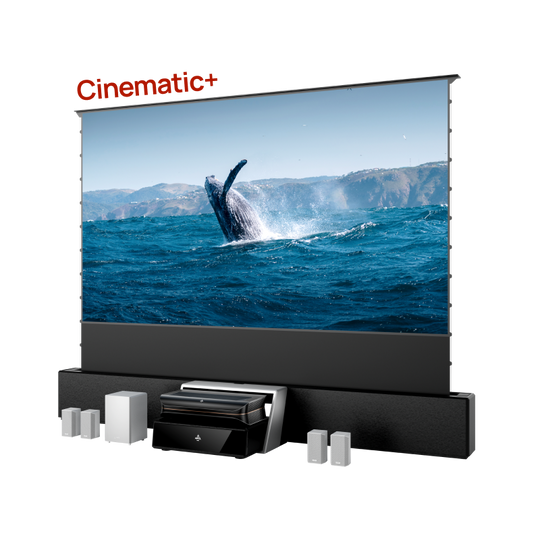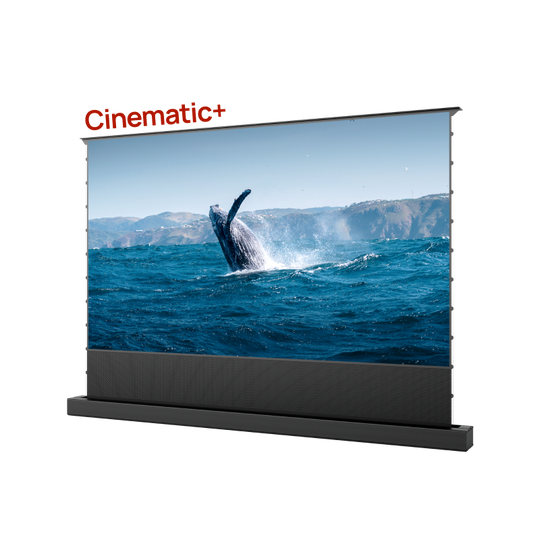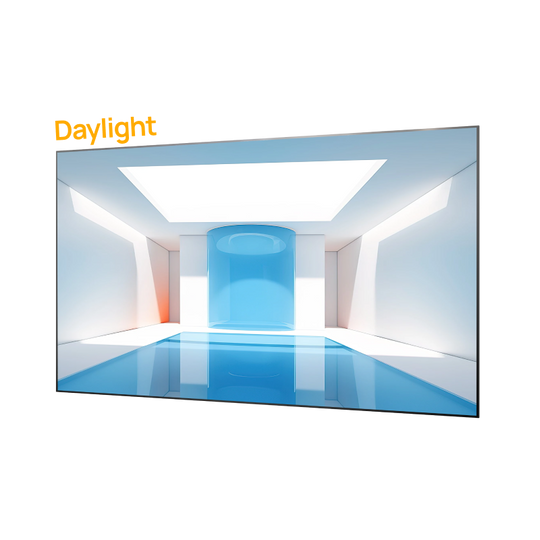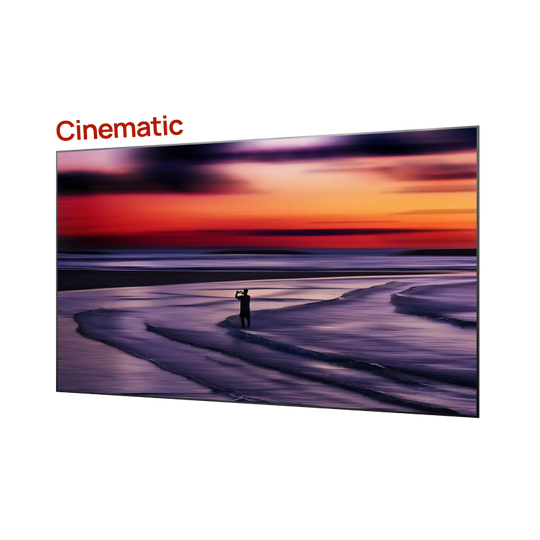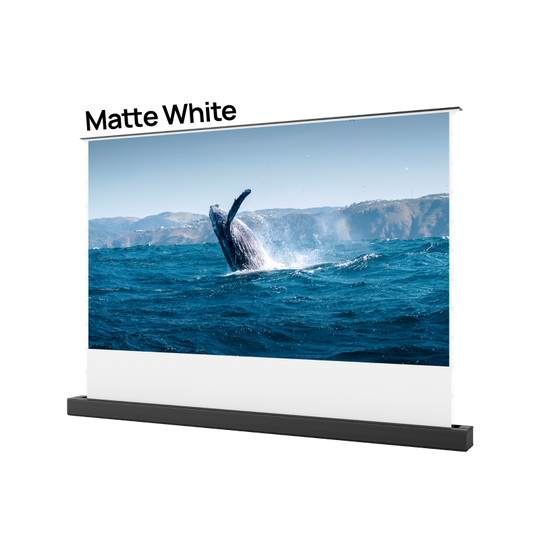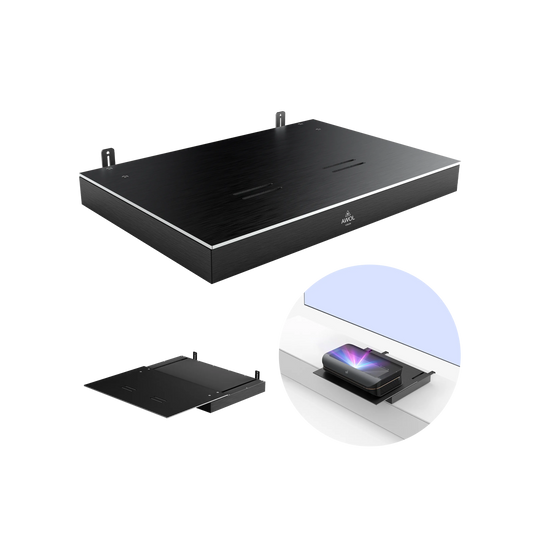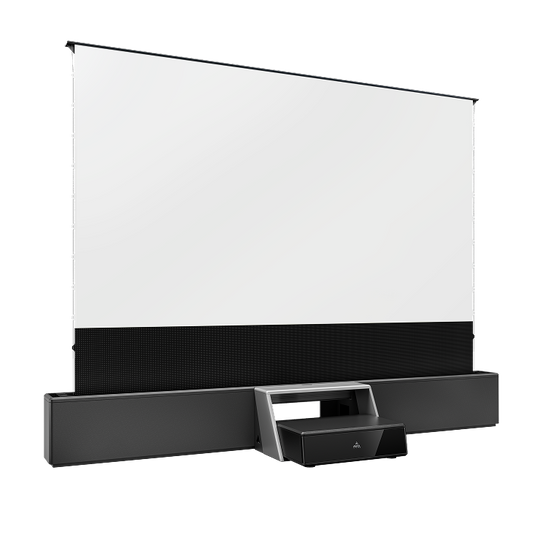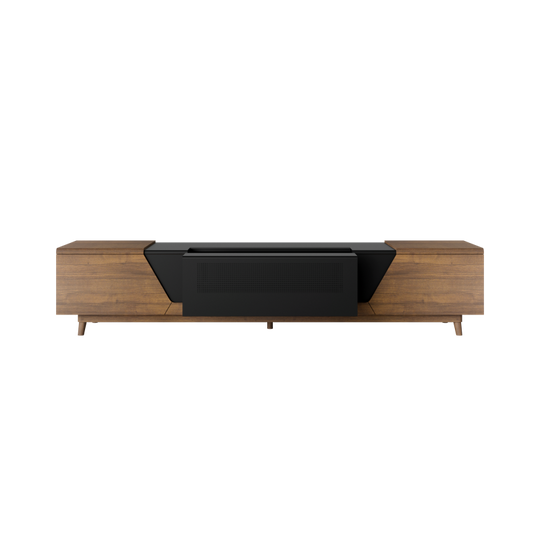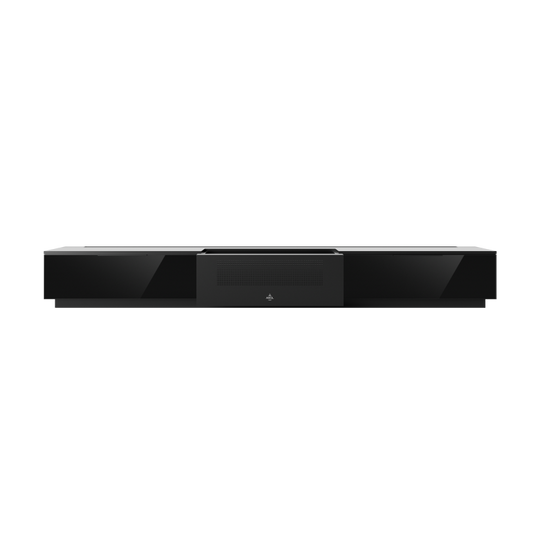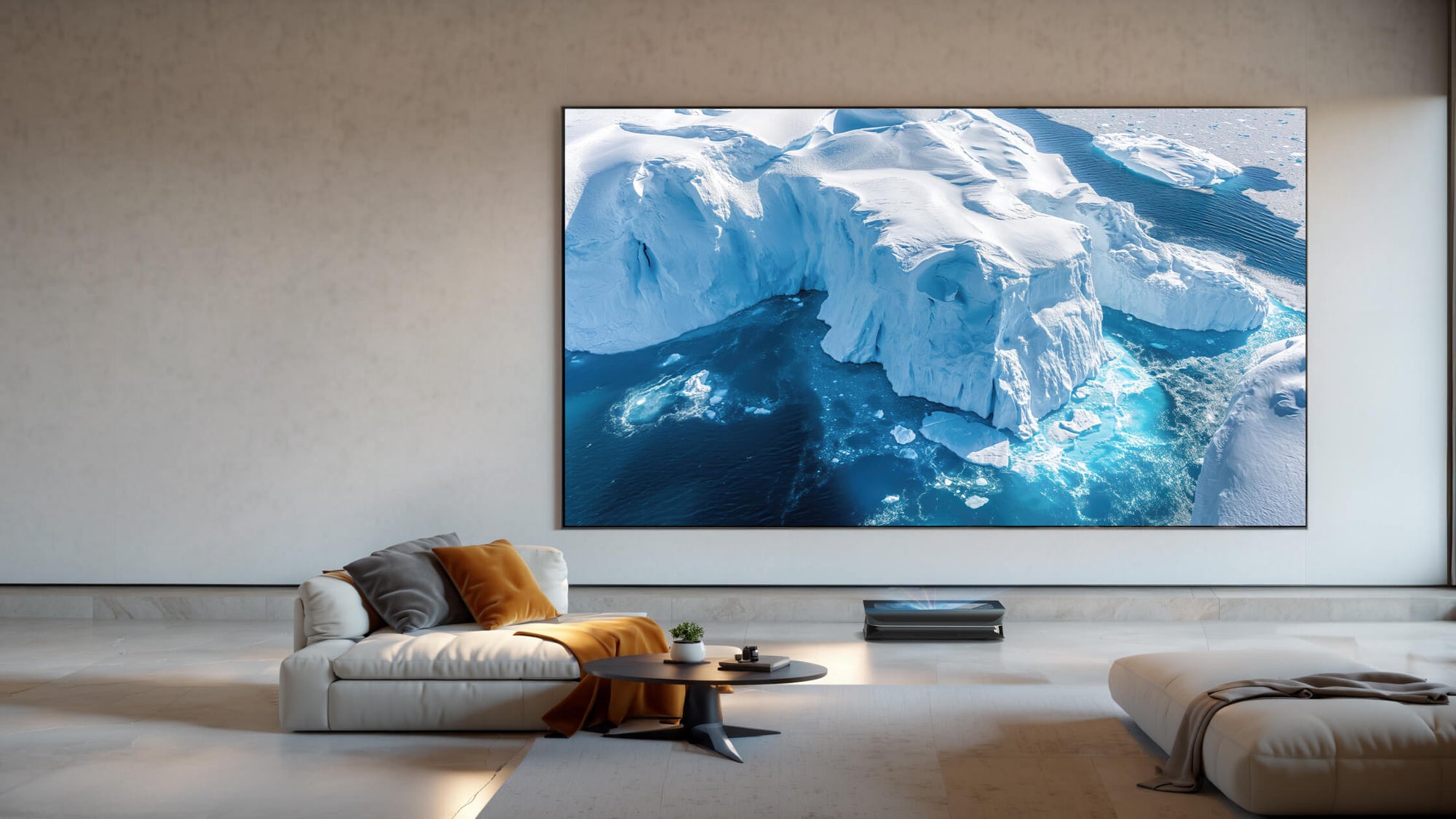If you are looking to buy a projection screen, you may have come across many types of projection screens, such as ALR screens. Today, we will introduce you to a special type of projection screen renowned for exceptional projection quality, i.e., Fresnel projection screen. These screens are increasingly becoming popular for home theater and professional use thanks to the many advantages they have over other screens. So, if you are wondering what a Fresnel screen is in reality and why you should get one, this blog is for you.
What is Fresnel Meaning?
The word Fresnel comes from a French physicist, Augustin-Jean Fresnel, who invented the catadioptric (reflective/refractive) Fresnel lens, which captures more light from the light source and results in exceptional visibility that was particularly used in lighthouses. Due to this, it was often termed as the invention that saved a million ships at sea.

Diffraction refers to the spreading of waves around obstacles, whereas reflection refers to the return of waves from a surface. By capturing both the reflective and refractive light, the Fresnel lens results in greater visibility than a normal lens. Augustin-Jean Fresnel is renowned for his excellent contributions to optics, which led to the unanimous acceptance of the wave theory of light.
What is a Fresnel Screen?
To understand what a Fresnel screen is, it is important to know about the Fresnel lens. It is a type of composite compact lens made up of concentric circles that refract light to concentrate the light rays from the source. A Fresnel lens requires much less material than the traditional lens and can be made as thin as a flat sheet.
Like the Fresnel lens, a Fresnel projector screen is an optical screen made up of many concentric circles of micro-prisms. These prisms redirect light from the light source (which is a projector in this case) toward the viewer’s eyes while dispersing the ambient light from all sides, thus resulting in anti-light rejection and increased brightness.

Compared to traditional projector screens, the Fresnel screen has a higher gain of around 4-6 times than that of traditional lenticular screens of only 1-2 times. Gain is the ratio of the intensity of reflected light from the projection screen to that from a white diffuse surface. The higher the gain, the higher the brightness. This means the Fresnel screen can display vivid brightness even during daylight.
Fresnel screens are also quite thin, generally between 0.5 and 1 mm, and weigh much less than traditional screens. Due to this, they can be folded for easy transportation and also save space.
How Fresnels Make Projector Screens Better
Fresnel screens offer better brightness, contrast ratio, and an enhanced viewing experience, making them ideal for contributing to the cinematic immersive experience.

- Enhanced Brightness and Clarity: The biggest benefit of Fresnel screens is increased brightness and clarity, thanks to their catadioptric design, which concentrates more light from the light source and disperses ambient light from all sides, resulting in improved visual clarity. The brightness gain of the Fresnel screen is above 1.0, which is much higher than that of a traditional projector screen.
- Improved Contrast Ratios: Fresnel screens can effectively resist ambient light, helping produce deeper blacks and vibrant colors, which results in a significantly higher contrast ratio. Compared to traditional matte white screens, Fresnel screens offer up to 75 times better contrast in environments with ambient light, providing a more vibrant and immersive viewing experience.
- Wide Viewing Angles: Since the Fresnel projector screen absorbs about 85% of overhead or side ambient light, it redirects the light towards the viewer which not only results in improved visual clarity but also offers a better viewing experience.
- Energy Efficiency: Fresnel screens are also energy-efficient as they disperse ambient light and focus incident light more effectively which allows projectors to work less hard and lead to lower energy consumption. This also enhances brightness and makes viewing comfortable for the audience.
Do You Really Need a Fresnel Screen?
After learning about Fresnel screens in detail, the question comes down to whether you need one or not. With their exceptional brightness, image clarity, and contrast ratio, Fresnel screens are ideal for both home and professional use. If you have a large home theater that can house multiple people at a time, the Fresnel screen is ideal as it effectively redirects light toward the viewers, resulting in a better viewing experience for all.
Similarly, if your office has excessive ambient light, the Fresnel screen works wonders in this scenario as it effectively disperses ambient light which leads to increased brightness, making it easier to view the projector screen during daytime or with office light.
So, if you are looking for the ideal Fresnel screen for both home and professional use, consider the AWOL Vision Fresnel Daylight ALR Screen that features 85% overhead and side light rejection, resulting in an exceptional viewing experience with enhanced visual clarity.
Conclusion
Fresnel projector screens have taken projection to the next level by offering better features, including improved brightness, contrast ratio, viewing angles, and technology. With AWOL Vision, the future of projection technology is now thanks to our innovative projection screens.
